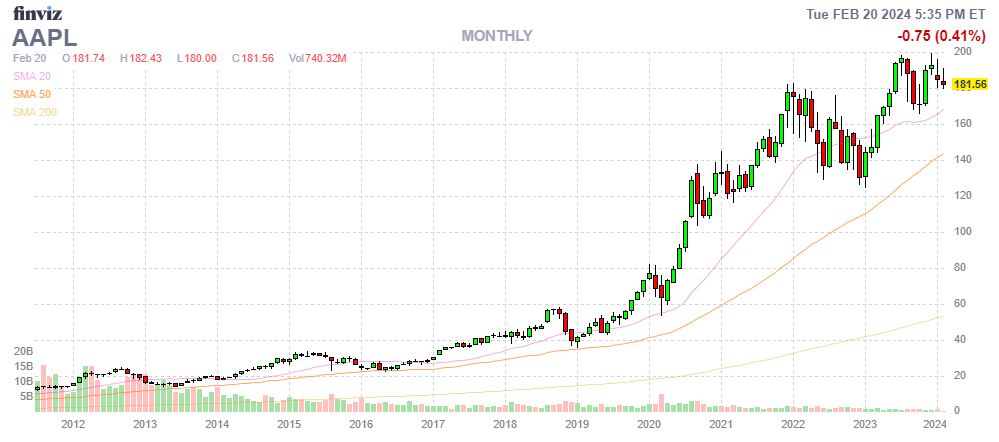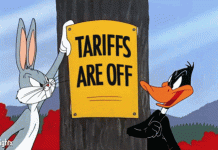 In the tempestuous sea of the stock market, where waves of information crash against the shores of our psyche. In the context of market volatility, this duality in our decision-making process can be both a lifeline and a siren call.
In the tempestuous sea of the stock market, where waves of information crash against the shores of our psyche. In the context of market volatility, this duality in our decision-making process can be both a lifeline and a siren call.
I’d like to share with you some of the essential reading tools and concepts we at PhilStockWorld like to equip our Members with to give them a solid foundation that allows them to weather the changing conditions in the investing markets as well as their business.
Navigating these seas requires understanding the dual engines of our decision-making: System 1 and System 2, concepts introduced by Nobel laureate Daniel Kahneman in his groundbreaking book, Thinking, Fast and Slow. System 1 is our intuitive, automatic pilot, reacting to market news with gut feelings and snap judgments. System 2, on the other hand, is the deliberate captain, navigating decisions with thoughtful analysis and logic. In the volatile waters of the stock market, balancing these two systems isn’t just beneficial, it’s essential for reaching the shores of financial success without capsizing.
The Psychology of Market Movements: Market volatility often dances to the tune of collective sentiment, a mesmerizing rhythm of fear and greed. Robert J. Shiller, in Irrational Exuberance, reminds us that markets are not just about numbers and charts; they’re about people and their overreactions, underreactions, and everything in between. It’s a world where herd behavior reigns supreme, and the fear of missing out can often lead to decisions that, in hindsight, seem more impulsive than insightful.
Strategies for the Mindful Investor:
-
Diversify with Purpose: Beyond spreading your bets, diversification is about understanding that your investment portfolio is a reflection of your inner landscape. As Michael M. Pompian suggests in Behavioral Finance and Wealth Management, aligning your investments with your risk tolerance and psychological biases can create a buffer against the market’s mood swings. “Diversification is something many investors say they know they should do but don’t fully understand.”
-
Embrace Your Inner Contrarian: The market zigs. You zag. Easier said than done, right? Richard H. Thaler’s Misbehaving teaches us the value of stepping back and questioning the crowd’s wisdom. It’s about finding value where others see doom and seeing risk where others see opportunity although it’s important to keep in mind the words of famed economist, John Maynard Keynes, who noted (from bitter experience): “”The market can remain irrational longer than you or I can stay solvent.”
-
Know Thyself: John R. Nofsinger’s The Psychology of Investing highlights the importance of self-awareness in investing. Recognizing your biases—be it overconfidence or loss aversion—can be the first step towards making decisions that are not just reactions to market noise but are grounded in your long-term financial goals. “Investors are not always rational, have limits to their self-control, and are influenced by their own biases.“
-
The Long View: Dan Ariely, in Predictably Irrational, shows us that our decisions are often swayed by immediate emotions and short-term gains. However, the market is not a sprint; it’s a marathon. Keeping a long-term perspective helps in smoothing out the highs and lows, making the journey less about the daily fluctuations and more about reaching your financial destination.
Case Study: Warren Buffett’s Investment in Apple:
A practical example of applying psychological insight and a long-term perspective in investing is Warren Buffett’s investment in Apple. Despite traditionally avoiding tech stocks, Buffett recognized Apple’s value not as a tech company but as a consumer brand with a loyal customer base and strong ecosystem. In May 2016, Buffett’s Berkshire Hathaway began buying Apple shares, a move which seemed contrary to his usual investment style. Buffett’s decision was not swayed by the market’s short-term view but was based on a deep understanding of Apple’s long-term value proposition. He famously said, “It’s far better to buy a wonderful company at a fair price than a fair company at a wonderful price.“

This investment reflects a blend of Kahneman’s System 2 thinking and Thaler’s contrarian approach, demonstrating the importance of looking beyond market noise and focusing on fundamental value. As of 2021, Apple constituted a significant portion of Berkshire Hathaway’s portfolio, illustrating the success of Buffett’s strategy and the power of psychological resilience and a long-term perspective.
“I do not focus on the sales in the next quarter or the next year,” Buffett remarked, “I focus on the… aggregate net worth of the product at the end of the day.” This perspective highlights the importance of looking beyond short-term market fluctuations to the long-term value of a company – one of the cornerstone lessons we teach our Members.
Navigating market volatility requires more than just financial acumen; it demands psychological resilience. The wisdom of Kahneman, Shiller, Thaler, and others provides us with a compass to steer by, reminding us that in the vast ocean of the market, understanding the winds of human emotion and behavior is key to sailing smoothly.
As we chart our course through the choppy waters of investing, let’s remember that the most powerful asset at our disposal is our mind. But, as we’ve seen, it’s not just about intellectual prowess; it’s about cultivating the psychological resilience to withstand the siren calls of fear and greed, the discipline to adhere to a well-thought-out investment strategy, and the wisdom to recognize the enduring value in a world obsessed with the ephemeral.








